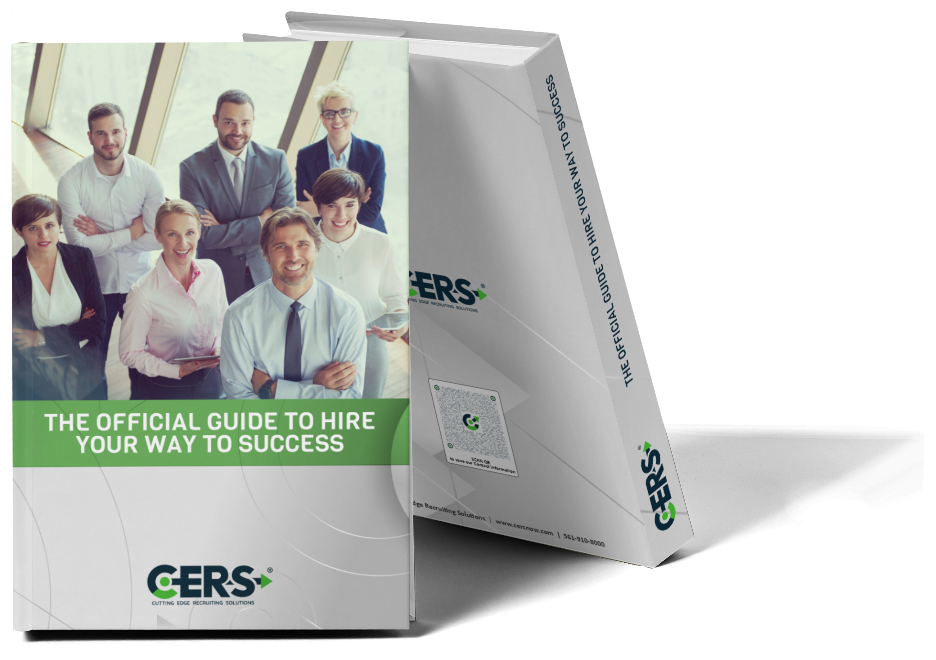The unemployment rate is still north of 9%, real unemployment in the double digits, and shadow unemployment is even higher! Did you know that there is a lot of your money parked in your ex-employer’s 401(k) and profit sharing retirement plans?
There are almost 15 million old 401 (k) accounts parked with ex-employers, according to the Profit Sharing 401(k) council of America. These are YOUR assets! Make sure you “Take it with you! Do not leave it behind!”
Unfortunately, with the market collapse and now, a solid rebound, unemployed employees do not want to look at their plans or move them. Some simply have more pressing issues like paying bills and finding employment elsewhere. And still some others think that the funds that their employer chose are probably just as good for now.
This is not necessarily true.
- We have found that single fund family 401(k) plans – where a lot of employees have left their investments – are dangerous because it is virtually impossible for them to have a top performing fund in each category in a well rounded plan.
- A number of sizeable fund companies that manage 401(k) assets are really not the best performing funds in every category. Within the fund choices that are provided, there are some of the lackluster performing funds because they know they will be “bought” because of the brand awareness.
- Many investors believe they have to roll over their 401(k) to either the fund company they had with their employer or another mutual fund company. But this is a myth. This belief however is magnified by the plethora of current advertisements by the large fund companies who know the continuing high unemployment rate means there are funds out there to be rolled over.
- Needless to say that choice of a specific fund company may limit your investment opportunities such as only having their funds as choices or not being able to purchase stocks or bonds directly.
- And these funds sometimes come with a cost –loads are as much as 8% but generally fall into the 4% range. While no load sounds better since you do not pay up-front fee, some have a CDSC (contingent deferred sales charge) where you will be charged when you sell the fund, if it is not held for a certain amount of time – usually over five years. While no load funds often outperform over a period of years, in this market environment finding a fund that will outperform for 5 straight years may be difficult.
People need to pay more attention to their retirement funds now more than ever because of extra living costs such as a continuing need to help elder relatives as they live longer, the younger generation staying home longer, which has been exacerbated in this difficult economy, and personal retirement considerations. Studies have shown that investors that have hired an investment advisor felt much better prepared than those who did not. These investors were proactive and with the guidance of an advisor were in control and understood their portfolios. Since advisors are not selling a specific product, such as a mutual fund, they are aligned with the client. Also, they have a fiduciary duty to their clients that someone selling a mutual fund may not have as the compensation structure is simply different.
Many people need guidance regarding whether or not to purchase stocks or bonds, and the type of stock or bond that is appropriate for their individual situation, etc. While a fund company can give you a choice between growth, income, global, sector, etc. an advisor can screen funds and direct investments from many different companies to find the best and most appropriate for the specific client. It is important to also note that some advisors operate on behalf of fund companies and while the title is the same, a key question to have answered is if they are truly an open-architecture firm. This means the advisor can provide access to a multitude of fund company selections and direct investments such as stocks or bonds. If the advisor is not open architecture, they may be able to offer mutual funds in one company or a few fund companies’ products and services. A fund company only sells funds from their own fund family and many people don’t realize that even a bank or broker is limited to investing in the fund companies they have relationships with as well as their own proprietary funds. Proprietary funds hurt investors in the past as brokerage firms and banks gave investors a narrow range of funds to buy and not necessarily the best performing ones.
An independent advisor has the luxury of screening all funds available in the market and can also recommend specific stocks and bonds that are appropriate. A 401(k) rollover would be custom tailored to you specific goals, risk tolerance, time line and overall character. For instance the advisor would make sure that if your current company’s 401(k) plan had exposure in a specific sector in the market that it may not be weighted as heavily in the 401(k) rollover account to keep you well-diversified. Another option with your 401(k) is that it can be rolled into a Roth IRA. This was a change in 2010, as there is no longer an income limit on converting to a Roth. In previous years the switch could not be made if your adjusted gross income was more than $100,000. While there may be tax consequences it is advisable to discuss this with an accountant. However, the current state of flux for the tax rates may make that option a more attractive alternative now versus after 2010.
And last but not least, with the difficult economy lingering much longer than anyone had expected, there is evidence that some companies have also been caught dipping into their employees’ plans – past and present. So, beware particularly if you are working for or have recently worked for a company experiencing financial problems. Yet another reason to take your retirement funds with you when you leave your job!
Jacqueline Reeves is Managing Director of Bell Rock Capital, LLC. Ms. Reeves is a frequently used resource by the national media, including CNBC, Bloomberg television and radio, The Wall Street Journal, Business Week and various other print media. Please call Jackie Reeves at 561-483-6314 or jackie@bellrockcapital.com to discuss your personal needs.








